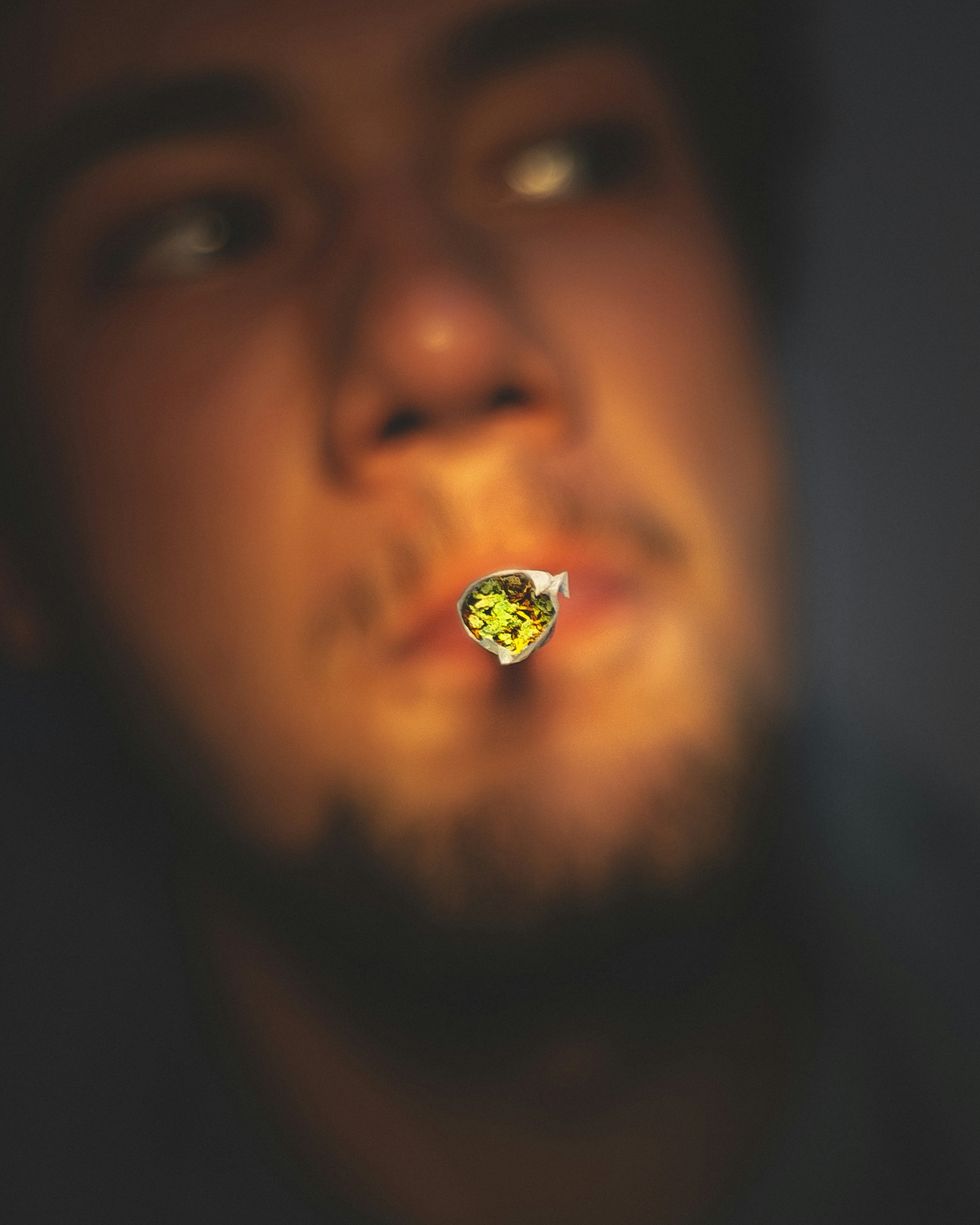This article was originally published by Maureen Meehan with Benzinga and appears here with permission.
Senate Majority leader Chuck Schumer flanked by Sen. Cory Booker (D-N.J.) and Sen. Ron Wyden (D-Ore.) presented a highly-anticipated draft legislation bill on Wednesday to decriminalize marijuana at the federal level, calling it “long overdue” and monumental.
"At long last, we are taking steps in the Senate to right the wrongs of the failed war on drugs,” Schumer said, calling arrests for marijuana a "waste of human resources" that cause agony to those whose lives have been ruined by criminal arrest records for small amounts of pot, especially among communities of color and the poor who have been disproportionally impacted by prohibition.
Schumer recognized that his own attitude toward legalization has evolved but now feels strongly about ending prohibition, as does "70% of the American population that support legalization."
He referred to the state of South Dakota. “If South Dakota can legalize recreational marijuana, so can the Senate!”
In addition to ending prohibition on cannabis and removing it from the Controlled Substance Act, the legislation seeks to:
- Allow states to craft their own cannabis policies and regulate cannabis as they do with alcohol;
- Expunge federal records of arrests and convictions for non-violent cannabis offenses;
- Create a regulatory framework and federal excise tax for cannabis;
- Establish a grants program to fund nonprofits to help equity applicants and states gain access to funds for programs;
- Create provisions to facilitate research and to repair the harms of criminalization, including expungement.
Banking Bill
Asked about whether the bill contained banking provisions, Cory Booker stepped up to the microphone and categorically said: if the Senate attempts to pass a banking bill to please the large companies before dealing with the social justice and legalization issues of cannabis, "I will lay myself down to stop an easy banking bill so someone can make the big money” and leave all the others behind.
Response From Cannabis Community
Steven Hawkins, executive director at the Marijuana Policy Project said he was heartened by the bill: “For justice reform, for equity, for individual liberty, and countless other reasons, it is time to respect the will of the American people and legalize cannabis. I am heartened by the Booker, Schumer, Wyden bill draft, which is a promising first step towards Senate passage, and hopeful that it will lead to negotiations and bipartisan support for an inclusive and equitable legal cannabis industry.”
Now What?
Though the legislation faces a 50-50 Senate, it is clearly a major milestone for cannabis and social justice advocates.
Schumer explained in the press conference they, the sponsors, want public feedback on the proposal and are especially interested in hearing about cannabis potency, coordinating federal and state law enforcement and finding a fair system to reduce the often burdensome entry barriers to the cannabis industry while mitigating the influence of illicit cannabis operators, noted Marijuana Moment.
Interested parties are encouraged to submit comments on these and other issues to Cannabis_Reform@finance.senate.gov by September 1.
Need a little more Bluntness in your life? Check out our YouTube page!
Encuentra nuestro contenido en Español en El Planteo:







 High-THC Weed Explored - The Bluntness Photo by
High-THC Weed Explored - The Bluntness Photo by  High-THC Weed Explored - The Bluntness Photo by
High-THC Weed Explored - The Bluntness Photo by  High-THC Weed Explored - The Bluntness Photo by Maria Fernanda Pissioli on Unsplash
High-THC Weed Explored - The Bluntness Photo by Maria Fernanda Pissioli on Unsplash 







 The Dominoes Are Falling Nationwide as Federal Prohibition Ends
The Dominoes Are Falling Nationwide as Federal Prohibition Ends
 DEA prohibited from randomly searching passengers at airports and other transport hubs - The Bluntness
commons.wikimedia.org
DEA prohibited from randomly searching passengers at airports and other transport hubs - The Bluntness
commons.wikimedia.org

 Scenes from Hall of FlowersPress photo provided by Hall of Flowers
Scenes from Hall of FlowersPress photo provided by Hall of Flowers Scenes from Hall of FlowersPress photo provided by Hall of Flowers
Scenes from Hall of FlowersPress photo provided by Hall of Flowers Respect My Region's Joey Brabo talking to an exhibitor at Hall of FlowersPress photo provided by Hall of Flowers
Respect My Region's Joey Brabo talking to an exhibitor at Hall of FlowersPress photo provided by Hall of Flowers